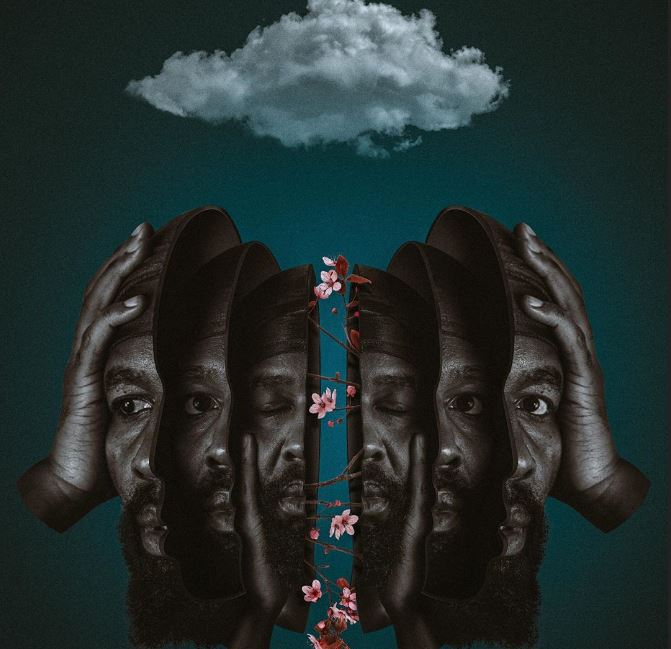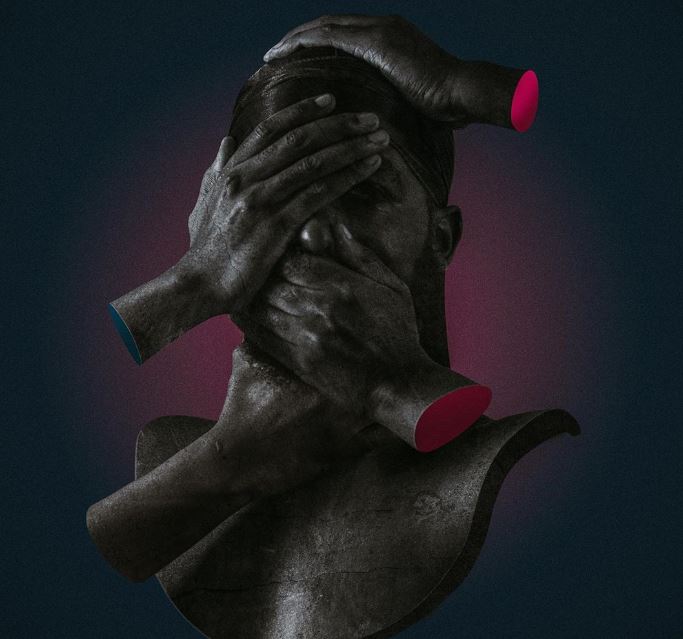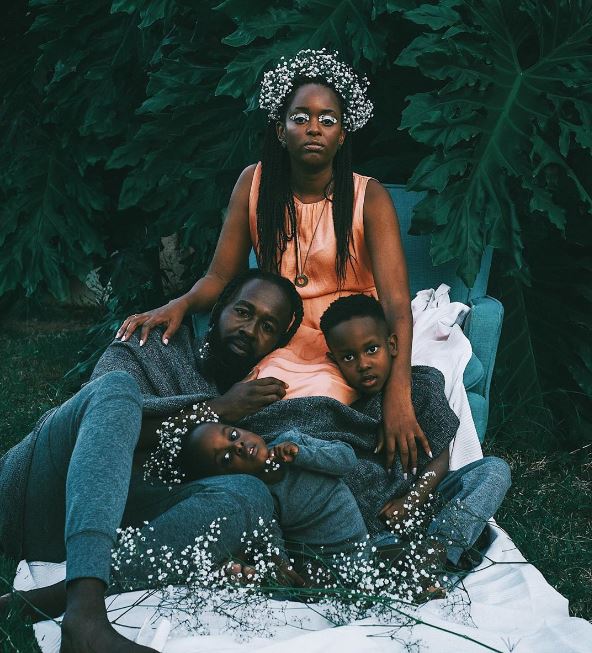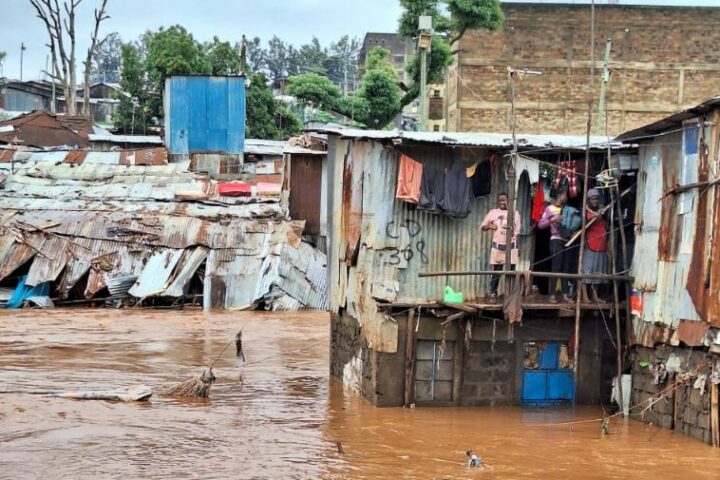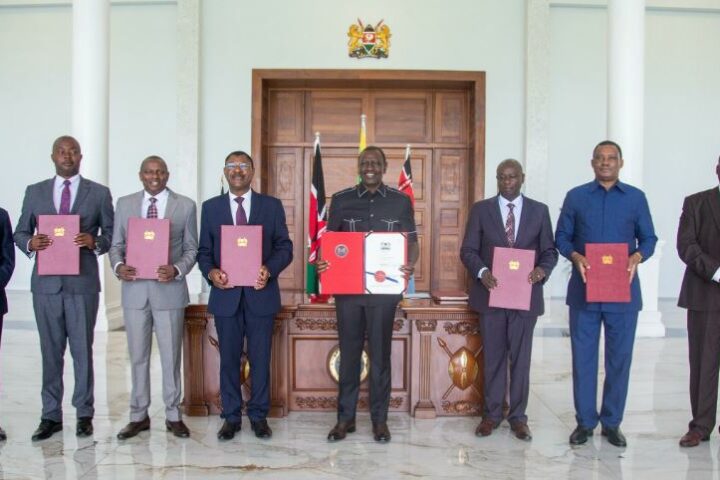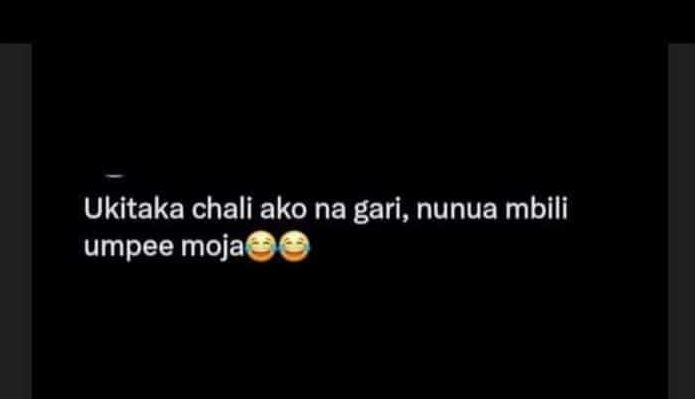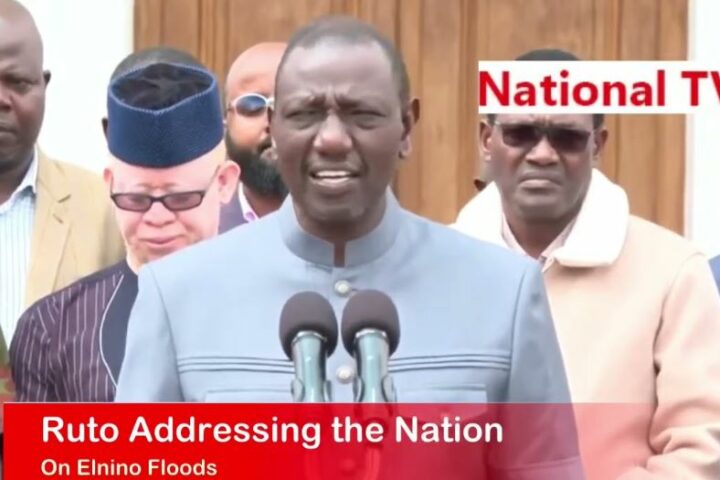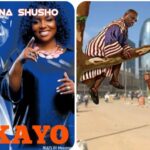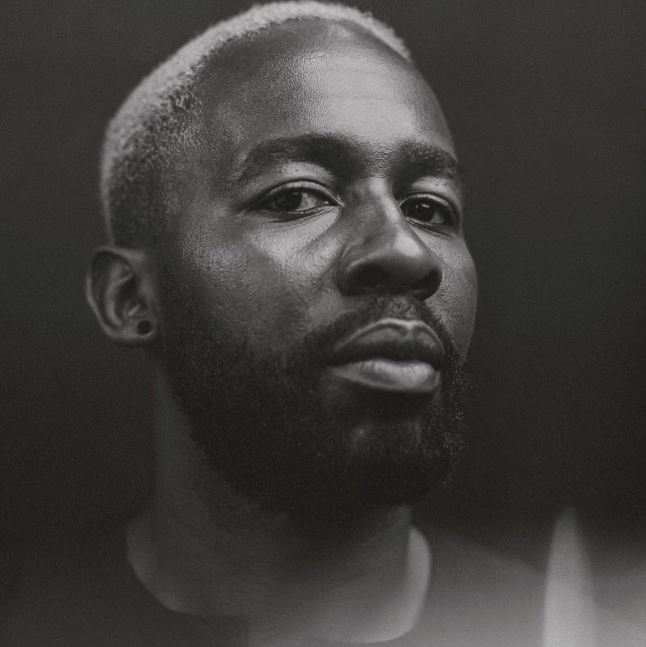
Do you think school actually prepares you for a career as a creative, or in art?
Absolutely not. As a photographer, I don’t think photography school will make you a better photographer. Not in the way I think school is supposed to, anyway. Now that I am a photographer, I would go back to school because I know I am not going to go back to learn how to take pictures.
I am going back to learn about the history of photography, movement in photography – yes, based on white systems and white history, but that would be interesting to me now as well, in theory. Fortunately, or unfortunately, I am really anti being told what to do and when to do it.
Have you always been anti being told what to do and when to do it?
I can’t remember the first instance of when I started being like this, but growing up, I’d always been against being told what to do. Not because I won’t do it. I will do the thing you want me to do. But more because it is not what I want to do right now. You understand? I understand that you (i.e. my mother, for example) want me to do it now because you require obedience from me, but know that I love and respect you. Still, I don’t want to do this thing right now. In a half-hour, I will do it.
And then you went to campus, being this guy, and did architecture. What is it with architects who don’t become architects? You, Nameless, Dela, Osborne Macharia…
Creatively, there is no academic discipline that makes you an overall excellent creative, like architecture. When you study it, you discover that it is a good segue into many things. The first year is basically a fine art class. We drew so much – and people had to learn to draw things without using rulers. You would think architecture is about using rulers, right? Not first year. We would be taken to town and told, draw the old parliament building. Left there for the whole lesson. You would be learning how to translate what you see, then draw it, to scale, and basically translate what you see into something that makes sense, or was communicating – without having yet touched a single tool. Your tools were your hands and your brain. And isn’t that what art is? Then, also, the degree takes six years. That teaches you long-suffering, which is essential in business. Then, we had hours of critique sessions – also crucial for an artist.
Was there something that you finished school and said you would never do? Like, I don’t know, wake up early or something?
Wash my own clothes. My mother made me wash my own clothes from when I was in Class Five because that’s a lesson she wanted to teach me at the time. We had a househelp, but the househelp was for her. So the help would wash mom’s clothes, and I would be there next to her, washing mine. I went to boarding school in Class Seven. We were not rich, so I didn’t have ati seven shirts – I had two, which meant I was washing shirts every day. The first day I found out what a mama fua was, on the first day of campus, I said never again. And I never looked back. When I met my wife, she initially wanted to wash clothes, even though I had clearly said that it would not make me like her more or less or make her more wife material or anything like that. She didn’t listen and tried one time. She too said never again – after that one time.
And these experiences brought you here, from being in architecture school to being featured on Beyoncé’s website. How do you even explain that?
It’s inexplicable. Some of what is my life now is not what I imagined, not even what I could have imagined. Even when I imagined being a really dope architect when I was employed, 10 years ago, I would have never imagined that I would go to the places I go to now, ati because of taking pictures. Even now, I get shocked. Mainly because I don’t consider myself the best photographer or anything, I do think my work is good. I don’t think you can be the best artist, you know, because that’s like saying you can compare two artists, and what can that honestly even be based on?
Till now, I’m like, ok this is nice. Still, when I think about it, really, this is what it means: it means that there was someone in this world somewhere who said, we need to feature a Kenyan photographer on the website, for the curation section, and then someone else said, yes, I know someone. And then they sat down, I assume, and looked at my work, and they said, I hope, that yes, this is the one, we definitely have to have this person on here. That’s so wild to me!
And yet even though you operate outside the system of the norm, there is a lot that you do that is very much still operating within the system of the industry, or whatever you want to call it, right? Do you think as a person, as an artist, it is possible to operate out of the system, of capitalism, or systems like it?
I think it’s possible, but you have to be one of those people who are down for whatever. You can choose to operate outside the system of things but that also comes with its disadvantages here and there which you have to be ready for.
Like having to farm, for example?
Yeah. Dealing with things not going the way you want them to. If you don’t know how to deal with those things, you might get shocked.
Just to briefly return to the Beyoncé question, and how you kind of would never have even thought to work with her…
I have never even thought of Beyoncé to work with, and not because I wouldn’t. Still, because I would love to create some really cool stuff – but I’ve never even thought about that as a possibility. It seems like something so far away; you know? Like sometimes my mind thinks about things like I will get this grand idea, and then I start thinking about how it would be possible…and then I get tired. I am very good at thinking up big thoughts. And stopping there. If that was my job, I would be so successful! But the minute I have to find the small pieces to move and manage for the big ideas to happen, I stop immediately.
But somehow you managed to make the big idea of your career happen.
How it happened was that I started out as an interior architect after I graduated. I actually picked up employment and picked up a camera at the same time. But one won.
And it wasn’t even that I hated my job or my boss. I had an excellent job. I did work that was meaningful to me. I had a huge responsibility to design things and see them built. I did things that I loved to do. I quit because, the job did not have space for my photography. And ironically, I still ended up having a job [that goes against what I said earlier about hating to be told] – being told where to be, and at what time.
I remember when I was leaving, I tried to tell my boss that they actually only needed me for two days a week, total. If she had allowed me to do this, I might still be employed!
How exactly did you quit? And when?
Many things happened in 2010. I wasn’t using my camera much. Then I got married. Then I was like, I bought this camera. It cost money. Let me use it. I started shooting every day. I was just working and shooting and working and shooting. I would sleep three hours a day: Wake up at 6 am, leave the house at 6:30 am, be in the office by 7:15, then I would be online, posting the ‘pic of the day’ that I took the day before. I would have coffee at my desk at 8:30. During lunch, I would take my camera, walk around and try to find pictures for that day’s assignment. If I didn’t find a picture, I would come back and eat lunch at my desk. I’d head home at 5 pm and have a portrait session from 6:30 pm – form people who used to see my work from the pic of the day segments. At 8, we’d eat, I’d hang out with my wife, we watch some TV, she would go to bed at 10 pm. I’d tuck her in, get back on my computer and work till 2 am.
So picking one job was about survival. I was either going to quit my job or quit photography. Or do photography over the weekend like an average person! So I went to my job and asked my boss for a compromise – I work for half a month for half the pay, and then decide in three months whether I was going to stay or not.
My wife has never been the type of person to stand in the way of anything I want to do. Up to today, she’s the, we’ll figure it out, kind of person. And I think that’s because we would like our marriage to be the type where people are free to do what they want. For instance – she’s a sign language interpreter, and she really loves working with deaf people, and with children. And we all know in Kenya those jobs don’t pay well because people don’t consider them essential. So I said, since this is what you really like to do, I’ll try to work to make sure that I can support your lifestyle, of giving back to people.
The jobs kept coming somehow. That first year was outstanding. I was even like, I thought people said that this would be really rough? The roughness came, by the way. Just later.
When was it rough?
2019 was the roughest year. I did one job.
How did you survive? Are you like, a mad saver?
I don’t believe in saving; actually, I can’t save for a future I don’t know about.
I did a huge job with Hennessy, and I was on a billboard. That contract was around the end of 2018, so literally, that money paid for life through to 2019. And I opened my print shop and started selling prints and doing my prints on tees, out of necessity. If I wasn’t broke, I wouldn’t have done it.
What is broke to you?
When I have less than Sh5,000.
5k? He ok, but brokeness is different when you’re a parent.
Funny enough, I’ve never been worried about the children and what they will eat. It’s somehow never gotten there. There’ll always be a ka-rice. I’ve had a friend give me 5kgs of rice after asking if we have food. You eat rice with beans somewhere. You can’t miss beans if you look inside in the corner somewhere! My broke, at least, has people around me who can hold me when the line is slacking. And sometimes I can do the same. The kind of people who you can tell each other, listen, I need 10k, and I don’t know when I’ll pay you back.
How are you feeling about Covid-19?
It’s just freelancing every day. The whole world is living the way creatives usually live. It makes me feel like maybe if people paid us better and faster, we’d be ok [through Corona]. Because usually it takes people sijui eight years to pay…
What are you most grateful for, in this moment?
Honestly – I think I’m really grateful for this talent. It’s never lost on me how I feel my life would be so different if I didn’t have what I do. And it isn’t the doing in itself, it’s just what it makes me feel, to do the work that I do, when people receive it when I access doors that I would never have thought would open for me.
Photos: Instagram/Mutua Matheka
